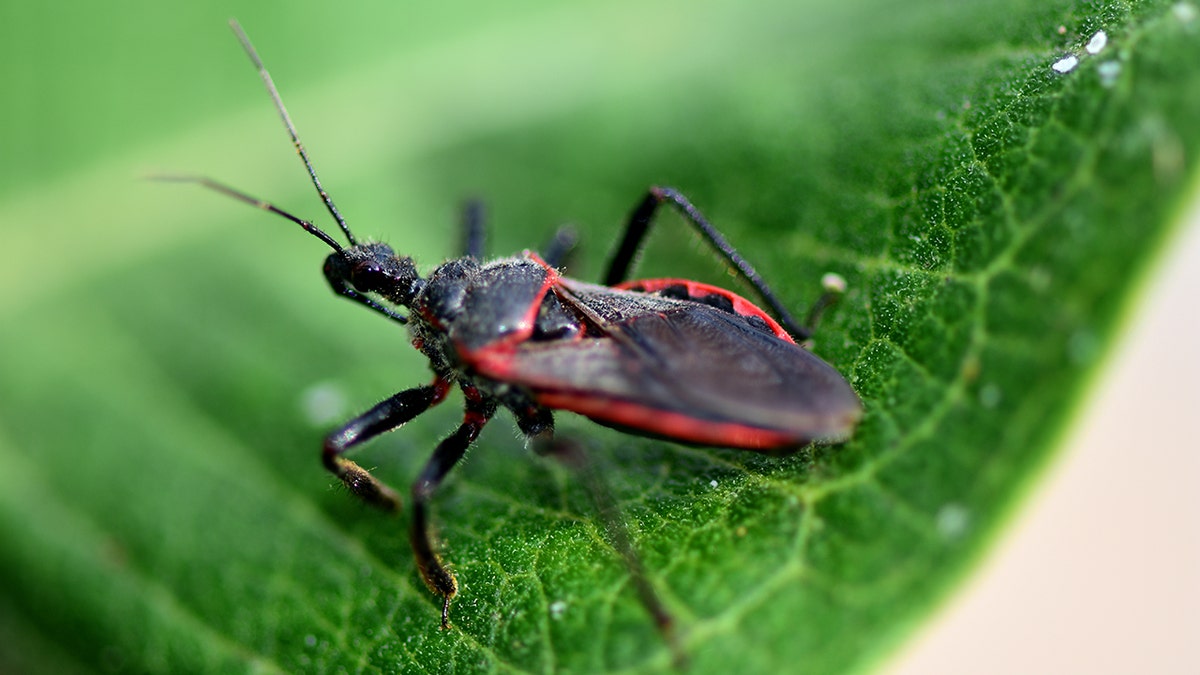
The kissing bug is a blood-sucking insect that attacks humans for food. (iStock)
Dear Dr. Manny,
My son found a funny looking bug in the backyard. When we went to identify it, we found out it was a kissing bug! Aren’t those dangerous? Why are they dangerous?
Thanks for your question.
DO YOU NEED YOUR TONSILS REMOVED?
The kissing bug is a blood-sucking insect that attacks humans for food. They tend to bite around the mouth and eye region on the face. These bugs transmit a dangerous disease called Chagas. Chagas is transmitted through the feces of the kissing bug. Symptoms of the disease include diarrhea, rashes or hives, nausea, fainting, shortness of breath, and sometimes inflammation of the heart and kidneys.
If you or your child are bitten by a kissing bug, disinfect the bite area with soap and water. Remember, the bite itself won’t lead to Chagas, but not washing the bite area might have repercussions. Use anti-itch cream or Calamine if the bite continues to itch. If it swells, apply ice to the area. Some people have deadly allergic reactions to kissing bug bites. If you start to struggle to breathe, see a doctor.
If you think the bite is infected, or if you detect signs of Chagas, then see a doctor right away.
The kissing bug can be found in warm Southern states, but they are more commonly found in Mexico and Central and South America. The kissing bugs that carry Chagas are less likely to be found in the U.S. because the climate is not as warm.
Kissing bugs hide in cracks in houses, the places where cats and dogs sleep, and near beds. They are looking for a host, so animal and human sleeping spots are the first choices for a kissing bug.
Kissing bugs have a cone-shaped head, thin, long antennae, and very long thin legs. The bugs are shaped like teardrops and have yellow or red stripes.
CLICK HERE TO GET THE FOX NEWS APP
If you’ve been bitten by a kissing bug or any other kind of bug, make sure to clean the bite area with soap and water. And remember: If you feel sick afterward, regardless of whether it's a kissing bug or not, see a doctor.
Do you have a health question for Dr. Manny? Email us at AskDrManny@FoxNews.com








































